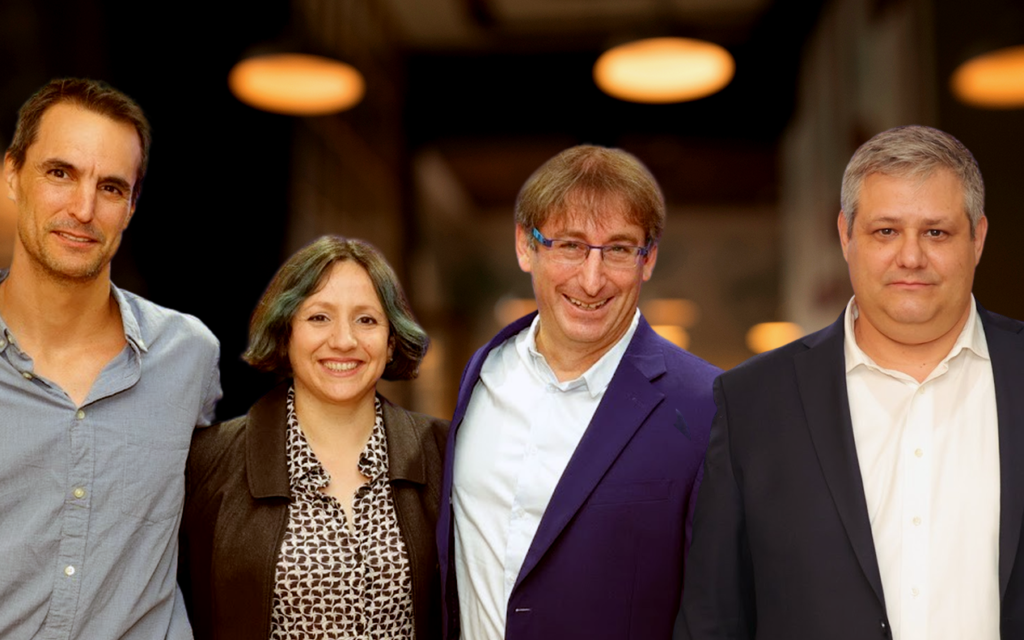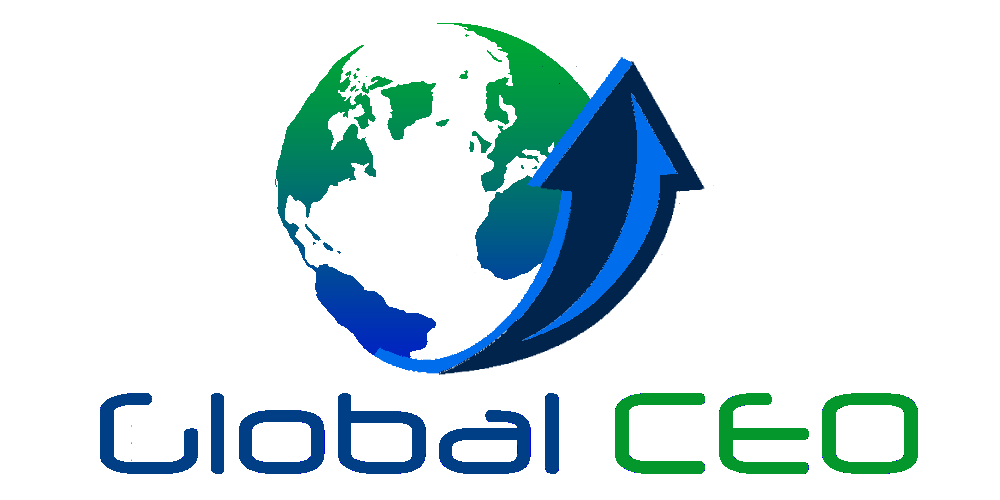Sanofi extends cooperation with Israel’s CytoReason for bowel disease drug discovery

[ad_1]
Sanofi extended its cooperation with CytoReason, a developer of computational disease models for drug discovery, to help the French drugmaker in its pursuit of new treatments for patients with inflammatory bowel disease (IBD).
Under the terms of the expanded agreement, Sanofi will pay CytoReason an undisclosed multimillion dollar amount to use its computational disease model platform to predict responses to drugs, providing direction as to which ones treatments should best benefit those suffering from inflammatory bowel disease.
The startup’s AI-powered platform will also be used to provide insights on what drugs the French company should develop to offer new therapeutic options for IBD patients. IBD is a lifelong, chronic disease that affects the digestive system, and includes Crohn’s disease and ulcerative colitis.
The global computer-aided drug discovery market could reach over $7.5 billion by 2030, according to Research Dive, driven by expectations for an increase in the number of chronic and unknown diseases worldwide, which in turn accelerates the need for faster drug development.
On average, developing new medications takes billions of dollars over almost a decade, because of the lengthy trials and lab work involved in the process. CytoReason says the use of its massive database and AI-led platform helps pharma and biotech companies shorten trial phases and cut development costs, as well as increase the likelihood of drug approval.
Emanuele de Rinaldis, Sanofi’s head of precision medicine and computational biology noted that the French drugmaker seeks to “describe diseases at the molecular and cellular level to understand the causes underpinning different patient responses to treatments, and to ultimately match the right medicine to the right patient.”
Founded in 2016, CytoReason developed computational technology that serves as a GPS-like mechanism that navigates the immune system. The machine-learning software collects and combines data from a variety of sources, including in-house data and published research on the immune system and other clinical studies, to discover insights into the biology of diseases.
The technology then builds a digital computational simulator of the human body that can be used to predict responses to drugs, thus providing insights which ones could be best matched for patients.
“By harnessing our game-changing AI capabilities, we hope to help Sanofi’s scientists identify novel and personalized targets in IBD, and to prioritize targets in their pipeline,” said CytoReason CEO and co-founder David Harel. “CytoReason’s innovative machine learning methods, supported by proprietary human data, is paving the way for top pharma and biotech companies to reimagine drug R&D.”
The deal builds on an existing cooperation agreement dating back to 2021 that allowed Sanofi to use CytoReason’s AI technology using cell-centered models focused on developing a new treatment for asthma patients.
CytoReason, which employs more than 110 people, mostly based in Israel, has also been working with other leading global pharmaceutical companies including, US pharmaceutical giant Pfizer, Swiss pharma firms Ferring and Roche, and the UK’s GSK.
Last year, Pfizer announced an equity investment of $20 million into the Israeli firm as part of a wider five-year deal worth up to $110 million to license CytoReason’s platform and disease models.
[ad_2]
Source link








